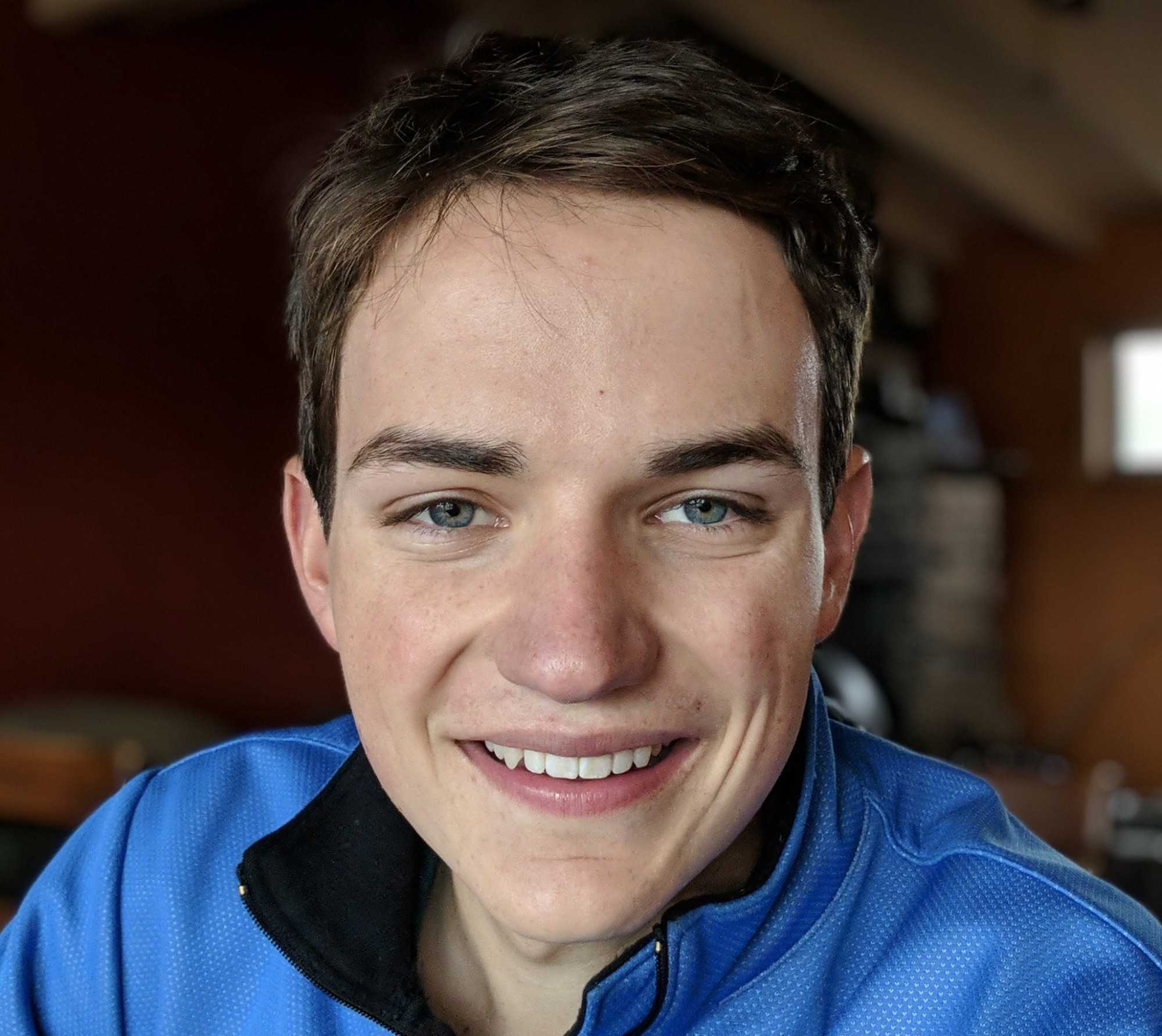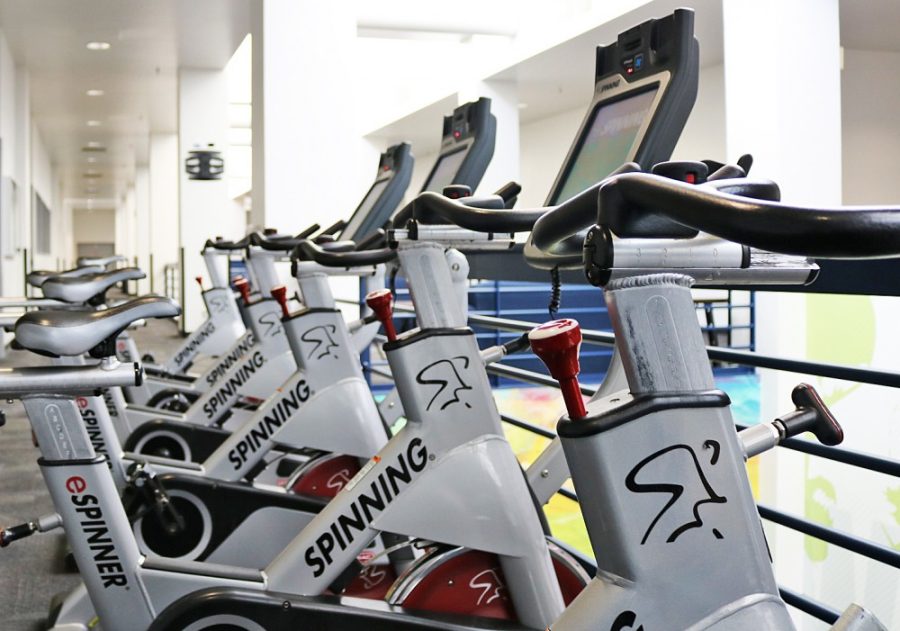Welcome to 2021. The year is off to an exciting start, with a vaccination program struggling to get off the ground and a president facing a second impeachment after inciting a domestic terrorist attack on the U.S. Capitol. After a year that saw Americans eating and drinking more to cope with isolation, loss and almost ubiquitous uncertainty, a New Year’s resolution to be healthier is perhaps more relevant than ever.
The cascade of advertising for the latest exercise and diet programs is spreading like wildfire online, and the ever-present promises of a slimmer body by the summer vacation season are especially powerful given that the beach may be the first place many of us gather again once we are vaccinated and a return to normal(-ish) has begun. As desperate as any of us are to come out of isolation healthier and fitter than we went in, it’s time to ditch the archaic, problematic and ineffective approaches we have taken to fitness and health resolutions in favor of something that might actually make us happier and healthier humans.
RELATED: OPINION: Jedd Fisch is the right man for the job, despite previous skepticism
In 2021, as well as every year for more than a decade, the most popular New Year’s resolutions in the U.S. are related to health and self-improvement. The two most popular involve losing weight and exercising more regularly. These resolutions arise from the combination of a culture that prizes unrealistic bodies, reveres dieting and restrictive eating and ignores basic principles of human psychology along with a piling-on of guilt by the same media that preaches the delights of holiday booze and indulgent meals. There is nothing wrong with a desire to lose weight after a month of eating delicious food at gatherings (or alone on the couch this year), nor is it problematic to spend the 15 minutes it takes to sign up for a gym membership. What is an issue is the culture that tells would-be exercisers and weight-losers that what they should want is bulging muscles and six-pack abs in the case of men and a waist that needs a caliper to measure if you are a woman. Despite what the fitness industry will have you believe, none of these things have even the most distant relationship to physical health. What they do cause is a great deal of emotional and psychological pain for millions of Americans who fail to meet unattainable and unhealthy standards.
Something diet culture and fitness regimens ignore is that the best source of information we have for how much and what we should be eating — and how much and how we should be exercising — isn’t an influencer, a chart or a calculator website. It is, rather, our bodies. Our stomachs are excellent at telling us how much we need to eat, our muscles and joints provide reminders to rest and our brains and bodies make it abundantly clear when it’s time for bed. Putting on an alarm and getting out the door for a jog is usually a healthy way to start your day. When you are doing it because someone on Instagram told you that fasted cardio is the secret to sustainable weight loss despite the fatigue you feel in your legs well past the point of being “warmed up,” it’s not just unpleasant, it’s unhealthy.
For all the posts about motivation, consistency and grinding through the hard work on [insert your social media feed’s resident pro athlete/fitness influencer]’s page, elite athletes spend most of their time resting and taking advantage of the most advanced recovery technology available, not working, studying or parenting — or all three in the case of the real superheroes.
At this point, I want to explain that in addition to a student, a columnist and an editor, I am an elite endurance athlete recovering from an eating disorder. In the spring of 2020, I was under crushing pressure both from myself and from the content I consumed on social media that resulted in disordered behavior and a decline in my physical and mental health. On the outside, I was tan from hours spent training in the sun, with veins rippling under my skin and a body closer than I ever imagined to “ripped” or “beach-ready,” as popular media would put it. On the inside, though, my muscles were constantly struggling to recover. My body was slowly falling apart. I spent mornings staring down at a scale or into the mirror. I weighed everything I ate on a scale and whether I went to bed satisfied or in tears was solely a function of whether I had eaten more or less calories than I had budgeted for any given day.
I was lucky to have a family and friends to support me in coming to terms with the decline my health was undergoing, and excellent mental health professionals to assist me in my recovery. I don’t offer my own story for the sake of your sympathy as readers, but rather as a plea to choose goals that prioritize health and happiness over rigidity and unrealistic standards. Counting calories or following a routine that a buff 20-something tells you is the way to look like them are apparently simple paths to a societally manifested ideal of health. They are often impossible, usually unhealthy and almost always ineffective. Instead, search for goals that give you a body and a mind capable of experiencing your world with joy.
More to come on how to actually structure these goals and avoid the slippery slope to disordered ideas and behaviors.
This article is the first for a column I will be writing for the Daily Wildcat this year focused on both health advice and ideas I have come by through experience as an athlete, as well as critiques of the ever-changing culture around diet, exercise, food and health. I am not an expert in nutrition or exercise science, but I have worked with experts and all advice I offer will be based on current science, which will always be referenced and linked. I look forward to continuing my journey as a human being seeking health and happiness this year, and I am grateful for the opportunity to inform/entertain/comfort/humor/outrage all of you.
Follow Aidan Rhodes on Twitter

Aidan Rhodes (he/him) is the assistant editor of the Opinions desk. He is a journalism major from Flagstaff, Arizona. He is a passionate chef, athlete and writer.









